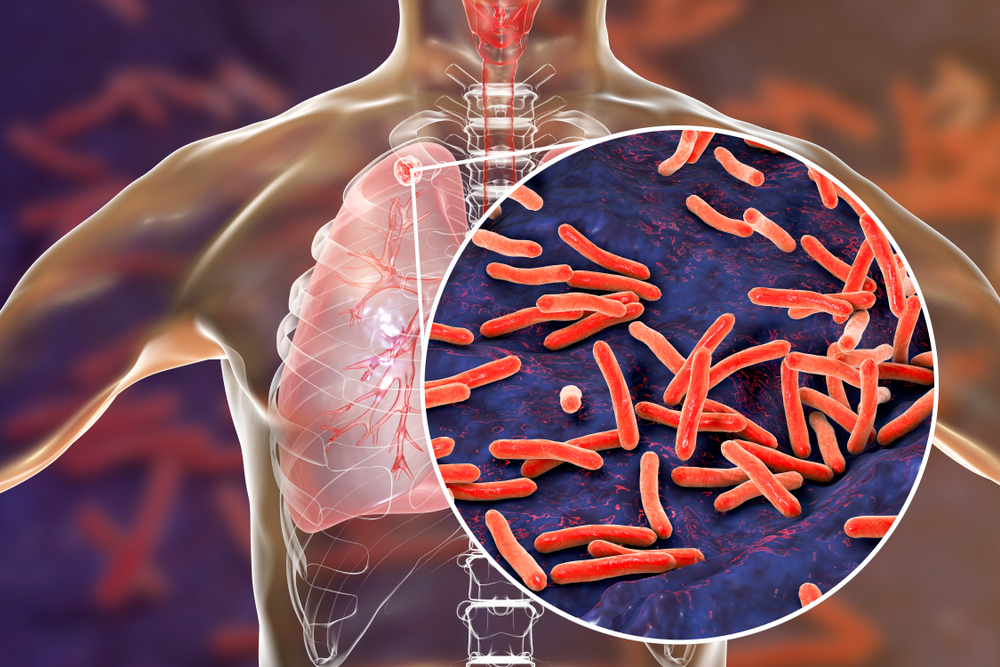
Tuberculosis (TB) has been successfully treated in animals utilizing a non-antibiotic drug, according to scientists at the University of Manchester.
The success makes the drug the first non-antibiotic to successfully treat TB — a disease that kills around 1.7 million people worldwide each year. Its creators hope to test its use for humans within the next three to four years. Funded by the Medical Research Council, the drug has been under development for the past 10 years.
The new drug targets Mycobacterium tuberculosis’ defenses, instead of the bacteria itself, where most counters focus. In this way, it has the potential to counteract antibiotic resistance growing among certain strains of the disease. It could also help patients who face the possibility of being subjected to 6 to 8 months of strong antibiotics that have no guarantee the disease will not return.
“For more than 60 years, the only weapon doctors have been able to use against TB is antibiotics,” Project lead Lydia Tabernero said. “But resistance is becoming an increasingly worrying problem, and the prolonged treatment is difficult and distressing for patients. And with current treatments, there’s no guarantee the disease will be eliminated: antibiotics do not clear the infection, and the risk of being infected with drug-resistant bacteria is very high. But by disabling this clandestine bacteria’s defenses, we’re thrilled to find a way that enhances the chances of the body’s immune system to do its job, and thus eliminate the pathogen.”
The drug is not toxic to human cells, and an added benefit, Tabernero said, is that by attacking elements of the bacteria, rather than the bacteria itself, it is less likely to develop resistance to such efforts. Her team’s findings have been published in the Journal of Medicinal Chemistry.




